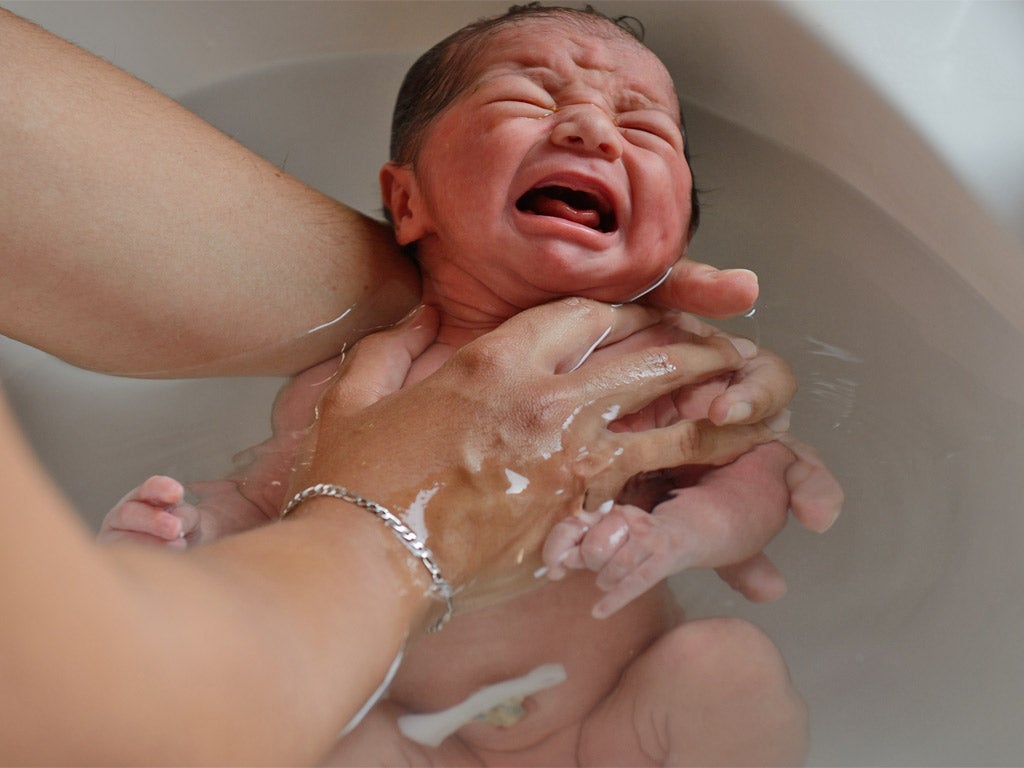Length of pregnancy can vary by up to five weeks, scientists discover

The length of a pregnancy naturally varies between different women by as much as five weeks, scientists have discovered for the first time.
Although it has always been known that human pregnancies usually last between 37 and 42 weeks, the variation has previously been attributed to imperfect methods of estimating due dates.
A woman's due date is calculated as 280 days after the onset of her last menstruation and is only ever considered a best guess. Only four per cent of women deliver on their due date and only 70 per cent within 10 days of it.
However researchers from the National Institute of Environmental Health Sciences (NIEHS) were able to pinpoint the moment women became pregnant by taking daily urine samples - enabling them to isolate the role that natural variation plays in pregnancy length.
In a group of 125 women, they found the average time from ovulation to birth was 268 days - 38 weeks and two days - and that the length of pregnancies varied by as much as 37 days, according to the research, published today in the journal Human Reproduction.
“We were a bit surprised by this finding,” said Dr Anne Marie Jukic, a postdoctoral at the Epidemiology Branch at the NIEHS. “We know that length of gestation varies among women, but some part of that variation has always been attributed to errors in the assignment of gestational age. Our measure of length of gestation does not include these sources of error, and yet there is still five weeks of variability. It's fascinating.”
The length of a pregnancy could be affected by a number of factors. Older women tended to deliver later, while women who had themselves been heavier at birth also had longer pregnancies.
The Royal College of Midwives (RCM) said the research reaffirmed professionals' experience “that every woman is different” and urged practitioners to be cautious intervening too early in pregnancy, but said that due dates were still useful.
Mervi Jokinen, practice and standards professional advisor at the RCM said: “I do not think that this signals the end of midwives and other health professionals giving a woman a single due date. It should be explained to the woman that the due date is always an estimate and as this research and our experience shows, this can vary widely.”
Join our commenting forum
Join thought-provoking conversations, follow other Independent readers and see their replies
Comments
Bookmark popover
Removed from bookmarks